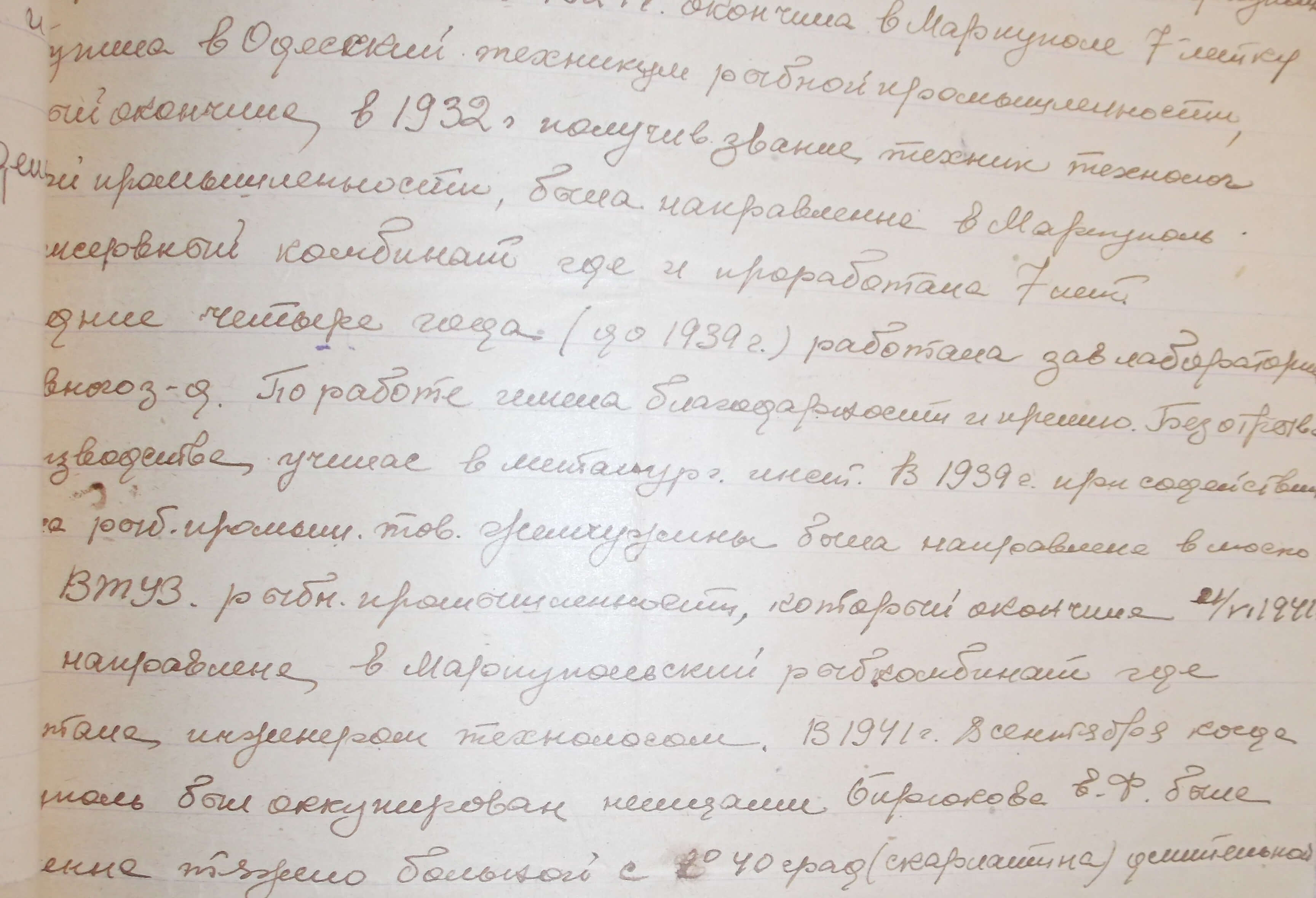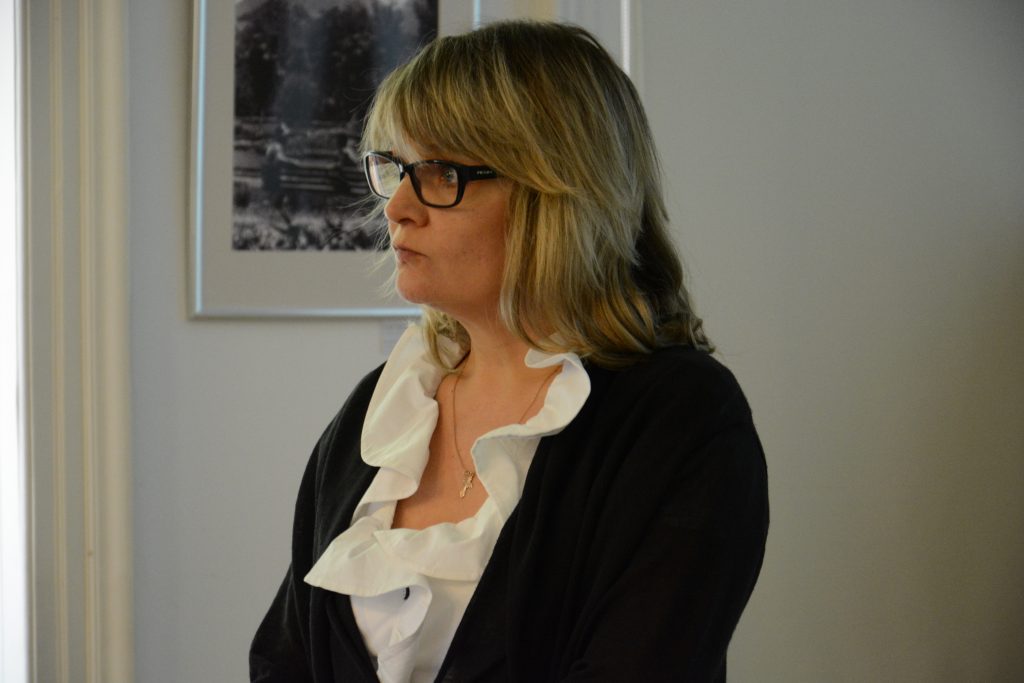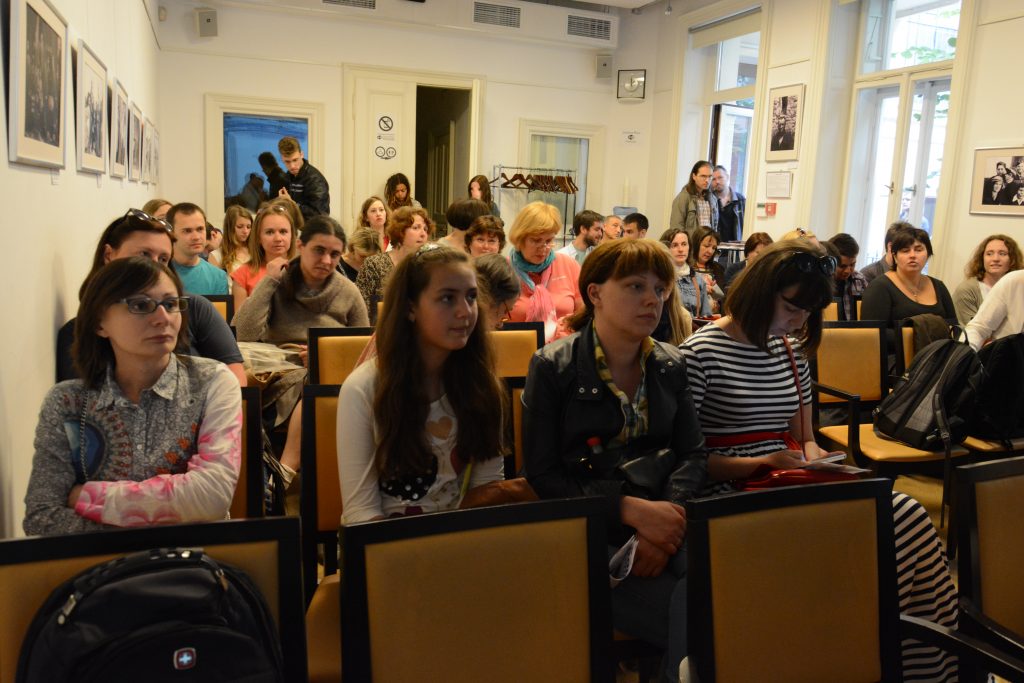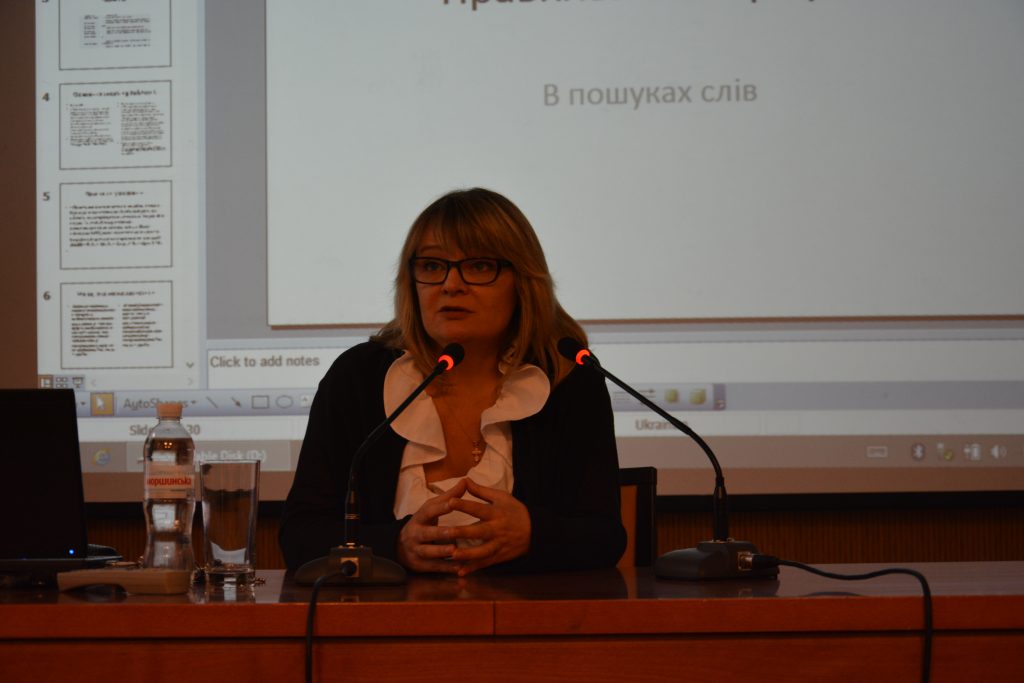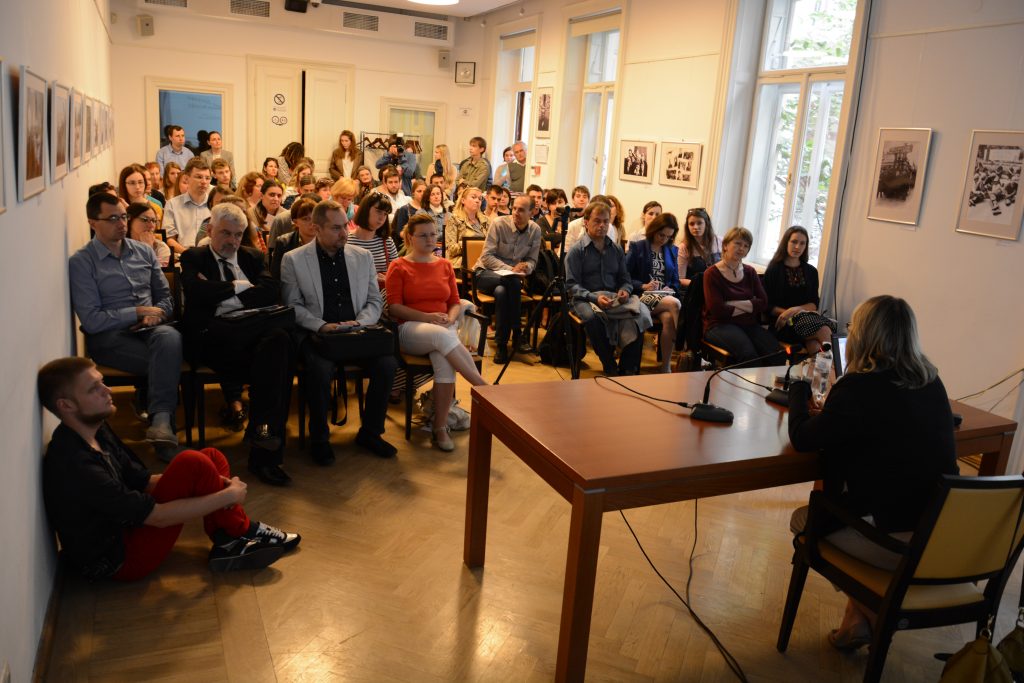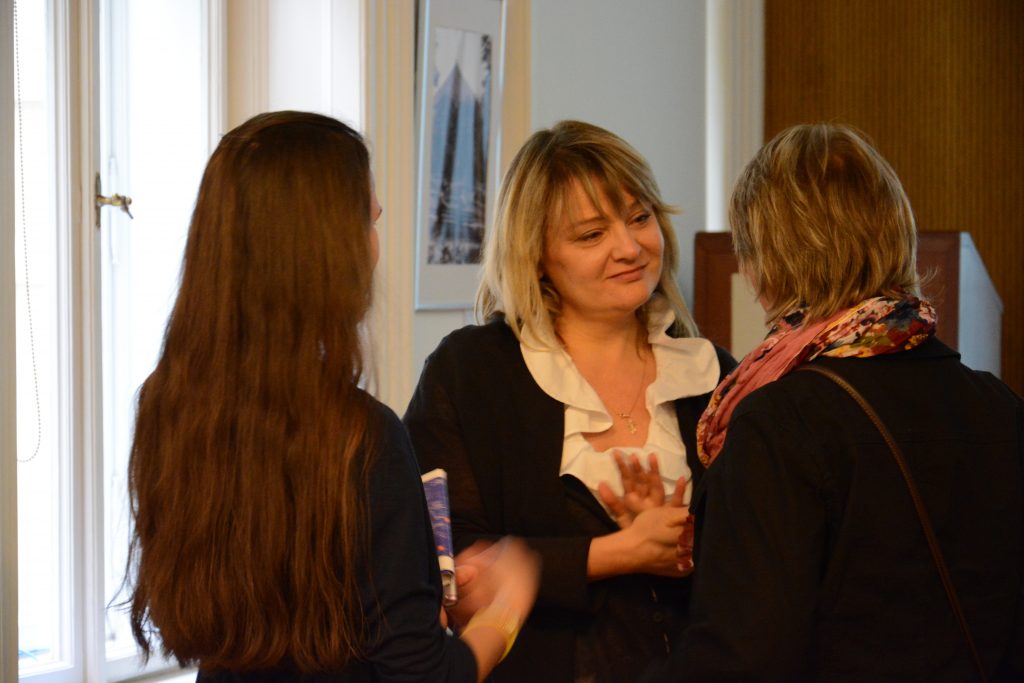The Ordinary Soviet Person: Searching for Words for the Right Biography
Olena Styazhkina
Donetsk National University21.6.2015
Center for Urban History, Lviv
Already in the early 1920s the typical provincial resident understood that to speak to the state he or she needs words. This understanding remained in the Soviet people in all the years of the Soviet Union. It generated "bureaucratic writing" and skills "to include" the right language in the right places – at the Party, Komsomol, meetings, celebrations, in complaints, and most clearly in autobiographies.
The autobiography as a bureaucratic genre that everyone had to master is a heritage of modernism. Soviet society was a variation of modernism, in which the "creation of a new human being" was proclaimed as one of the important social tasks. The indication of the "new person," his or her document, "pass," and voice became the autobiography. The practice of creating a "proper biography" meant consent to participate in the Soviet experiment and willingness to remove those pages of their lives that might seem wrong or dangerous. Certain people continued to play with their own biographies even after the collapse of the USSR, and the skills of adjusting it to apply to the "current moment" remained an acceptable social practice.
Why and how did people volunteer to design biographies? What desired autobiographical accents appeared at different times of the Soviet Union? How did the willingness to "change" biographies influence identity mechanisms of Donbas residents? Olena Styazhkina discussed these and other questions at her lecture.
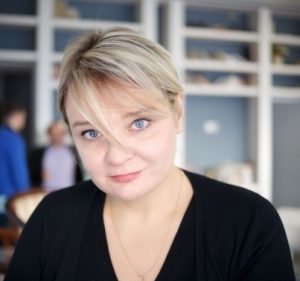
Olena Styazhkina
holds a PhD in history and is a professor at the Slavic History Department at Donetsk National University. Chief editor of the collection New Pages of Donbas History, member of the editorial board of the journal Historical and Political Research, member of the Ukrainian Association of Researchers of Women’s History and the Ukrainian Association of Oral History. Currently she lives in Kyiv and works at Donetsk University, which moved to Vinnytsia. The author of books Women in the History of Ukrainian Culture in the Second Half of the Twentieth Century (2002), A Human Being in the Soviet Province: (Un)learning Language (2013).
